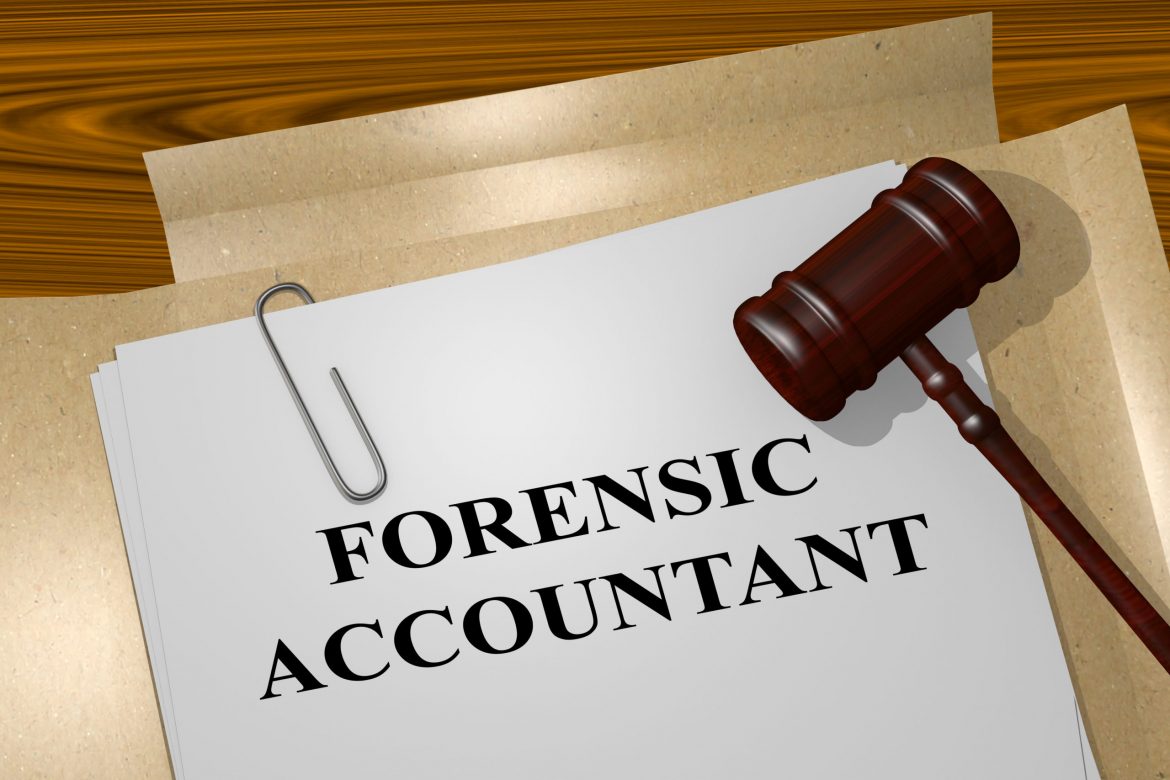In the vast and complex world of finance, accounting stands as a pillar of precision, transparency, and trust. Accounting, in its various forms, plays a crucial role in maintaining the financial health of businesses and economies. Two such forms, forensic accounting and traditional accounting, while sharing the same foundational principles, serve distinctly different purposes. This article aims to delve into the nuances of these two branches of accounting, highlighting their differences and unique attributes.
Forensic Accounting: The Financial Detective
Forensic accounting, often referred to as the 'financial detective work,' is a specialized field that combines accounting, auditing, and investigative skills. Forensic accountants are often called upon in legal disputes or fraud cases to analyze, interpret, summarize, and present complex financial and business-related issues in a manner that is both understandable and properly supported.
Forensic accounting is reactive, as it typically comes into play after a financial crime or dispute has occurred. It involves a detailed examination of financial records to detect and prevent fraud, embezzlement, or other financial irregularities. Forensic accountants are often involved in litigation support, fraud investigation, bankruptcy proceedings, and insurance claims.
Traditional Accounting: The Financial Historian
On the other hand, traditional accounting, also known as financial accounting, is the process of recording, summarizing, and reporting the myriad of transactions resulting from business operations over a period of time. It provides periodic financial information that helps management, investors, and creditors to make decisions about resource allocation.
Traditional accounting is proactive, aiming to accurately record and report financial transactions to prevent discrepancies and maintain transparency. It involves preparing financial statements, including the balance sheet, income statement, and cash flow statement, which reflect the financial health of a business.
The Distinctive Differences
The primary difference between forensic accounting and traditional accounting lies in their purpose. While traditional accounting is concerned with accurately recording business transactions for the purpose of preparing financial statements, forensic accounting is focused on investigating financial records to uncover fraud, embezzlement, or other financial irregularities.
Another key difference is the level of detail involved. Traditional accounting involves a broad overview of financial transactions, while forensic accounting requires a deep dive into individual transactions to uncover irregularities.
The skill sets required for these two fields also differ significantly. Traditional accountants need to be proficient in accounting principles and practices, while forensic accountants need to possess investigative skills, a keen eye for detail, and a deep understanding of the legal framework related to financial crimes.
In terms of career paths, traditional accountants often work in corporate settings or accounting firms, while forensic accountants may find opportunities in law enforcement agencies, legal firms, insurance companies, or specialized forensic accounting firms.
In conclusion, while both forensic and traditional accounting are integral parts of the financial world, they serve different purposes and require different skill sets. Understanding these differences can help individuals and businesses make informed decisions about which type of accounting service they need.



